 Multiplying or dividing both terms of a fraction by the same number does not change the value of the fraction. Multiplying or dividing both terms of a fraction by the same number does not change the value of the fraction.  Elementary Algebra - Page 175by George William Myers, George Edward Atwood - 1916 - 338 pagesFull view Elementary Algebra - Page 175by George William Myers, George Edward Atwood - 1916 - 338 pagesFull view - About this book
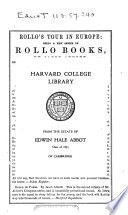 | James Stewart Eaton - Arithmetic - 1857 - 376 pages
...both nuT mcrator and denominator of this complex fraction, -, by 7, we 7 obtain J ; but multiplying both terms of a fraction by the same number does not change its value (60, Cor.), .-.- = £; ie the reciprocal of f is £ ; and, generally, the reciprocal of any... | |
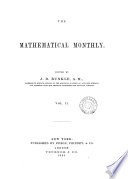 | 1860 - 462 pages
...2. Reduction of Fractions to a Common Denominator. — After the pupil has thoroughly learned that multiplying or dividing both terms of a fraction by the same number does not change its value, he is then prepared to learn how to reduce fractions to a common denominator. The following... | |
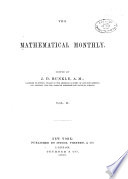 | John Daniel Runkle - Mathematics - 1860 - 460 pages
...2. Reduction of Fractions to a Common Denominator. — After the pupil has thoroughly learned that multiplying or dividing both terms of a fraction by the same number does not change its value, he is then prepared to learn how to reduce fractions to a common denominator. The following... | |
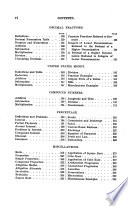 | James Stewart Eaton - 1862 - 320 pages
...both numerator and denominator of this complex fraction, -, by 7, we 7 1 obtain 1-; but multiplying both terms of a fraction by the same number does not change its value (Art. 84, a), .-. -= £; 5. e. T the reciprocal of ^ is £ ; and, generally, the reciprocal... | |
 | Edward Brooks - Arithmetic - 1863 - 350 pages
...fraction will be 4 times as great. Therefore, etc. PROP. V. — Multiplying Loth numerator and denominator of a fraction by the same number does not change the value of the fraction. DEM. — Since multiplying the numerator multiplies the value of the fraction, and multiplying the... | |
 | Alexander Duncan (Educator) - Examinations - 1863 - 168 pages
...21. What is the effect of dividing the numerator of a fraction? ART. 113. 23. What is the effect of multiplying or dividing both terms of a fraction by the same number? ART. 116, 117. 24. Prove that these proposition* are true. АRT. 117, Dem. 1-6. 25. How many and what... | |
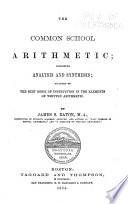 | James Stewart Eaton - Arithmetic - 1864 - 322 pages
...multiplying both numerator and denominator of this complex fraction, -, by 7, we obtain £ ; but multiplying both terms of a fraction by the same number does not change its value (Art. 84, a), .*. - = £; ie the reciprocal of £ is J ; and, generally, the reciprocal of... | |
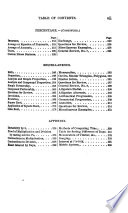 | George Augustus Walton - Arithmetic - 1864 - 376 pages
...in the form of a fraction, the dividend being the numerator, and the divisor the denominator ; since dividing both terms of a fraction by the same number does not alter its value, it follows, that we may strike out, or cancel, any factors common to the dividend... | |
 | George Augustus Walton - Arithmetic - 1864 - 364 pages
...in the form of a fraction, the dividend being the numerator, and the divisor the denominator ; since dividing both terms of a fraction by the same number does not alter its value, it follows, that we may strike out, or cancel, any factors common to the dividend... | |
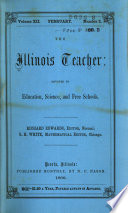 | Education - 1866 - 538 pages
...of Chain Fractions. The usual rule for the reduction of fractions is based upon the principle that dividing both terms of a fraction by the same number does not alter its value. Another mode of procedure, when the terms, without being prime numbers, are prime... | |
| |